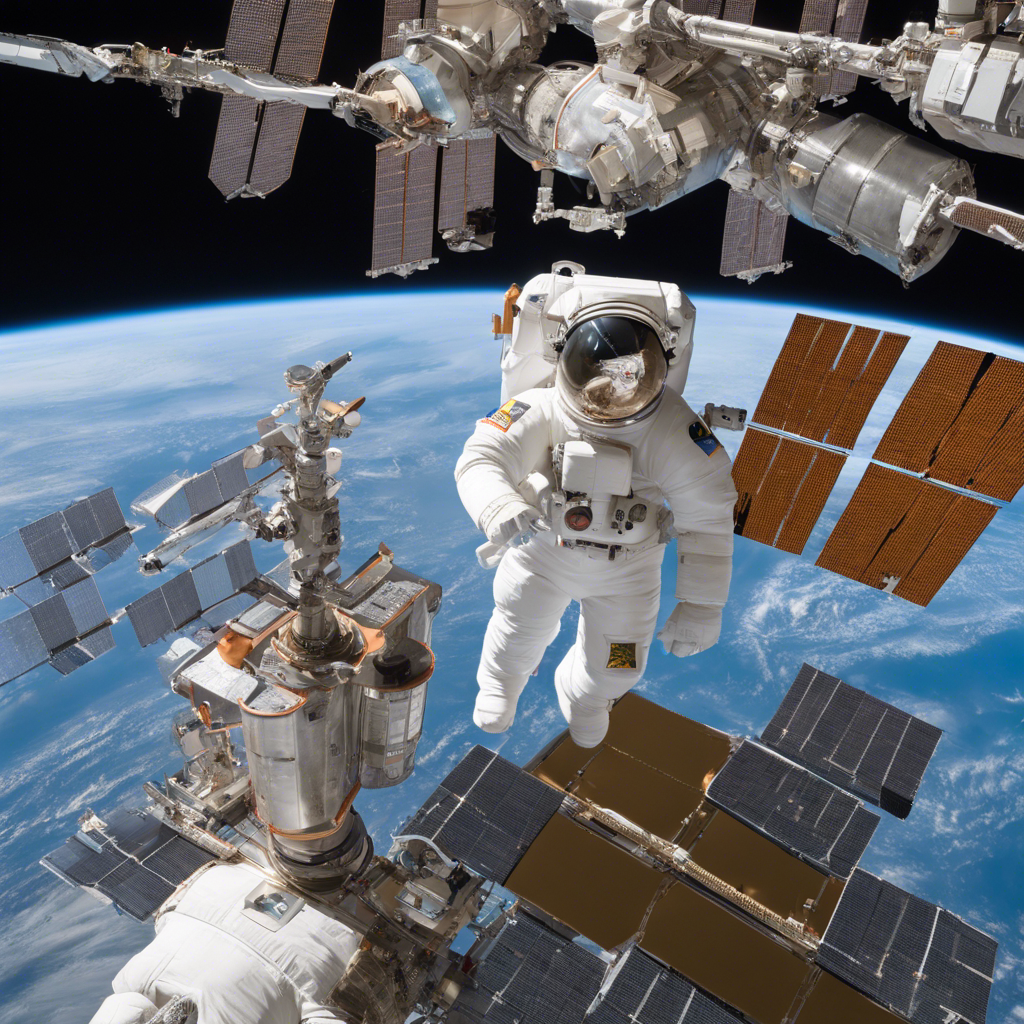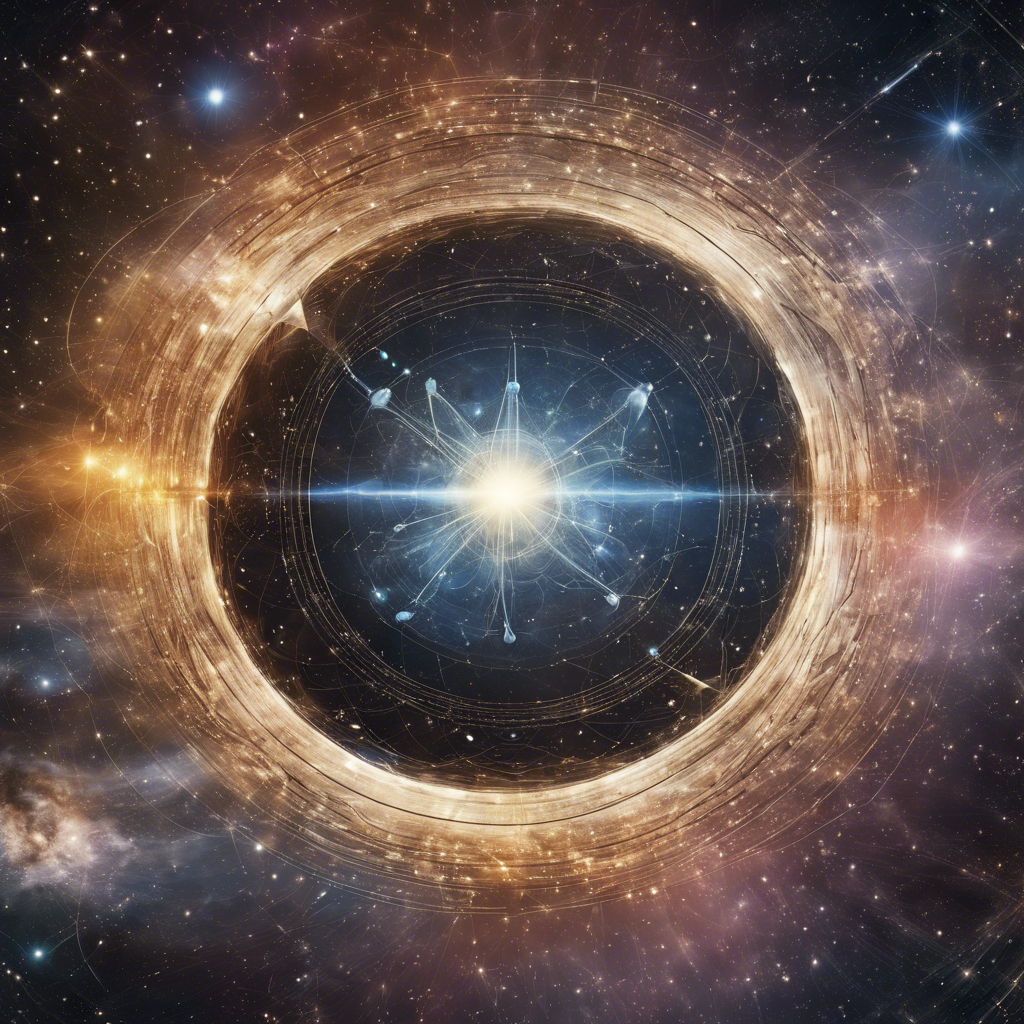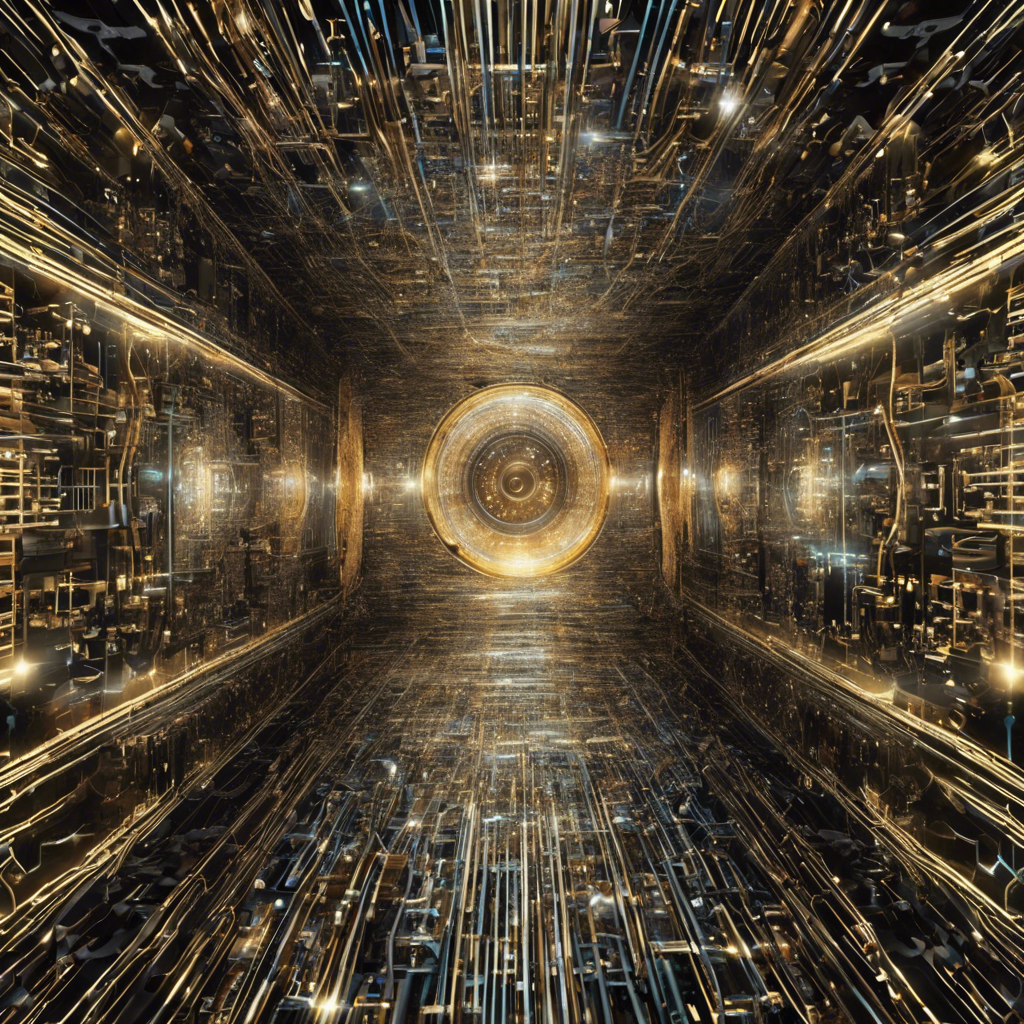The Expedition 70 crew conducts groundbreaking experiments and advances cargo operations aboard the ISS
The International Space Station (ISS) continues to be a hub for groundbreaking scientific research, with ultra-cold space physics and immunity studies taking the spotlight. The seven-member Expedition 70 crew is not only conducting cutting-edge experiments but also stepping up their cargo operations. From chilling atoms to near absolute zero to exploring cellular immunity in space, the astronauts aboard the ISS are pushing the boundaries of human knowledge and paving the way for future space exploration.
The Coldest Place in the Universe: The Cold Atom Lab
The Cold Atom Lab, located on the ISS, may just be the coldest place in the universe. NASA Flight Engineer Jasmin Moghbeli has been configuring components and installing hardware for a controller test of this quantum research device. The lab allows scientists to chill atoms to near absolute zero, a temperature lower than what is achievable on Earth. This unique facility provides observations of atomic wave functions at extremely low temperatures, offering insights into the fundamental nature of matter.
Exploring Cellular Immunity in Space
Commander Andreas Mogensen, from the European Space Agency (ESA), is participating in the Immunity Assay biology study. This research aims to understand cellular immunity in space and its impact on astronauts’ health. Mogensen collected and processed blood and saliva samples, which will be analyzed to gain insights into how the immune system functions in microgravity. These findings could have significant implications for long-duration space missions and the future of human space exploration.
Maintenance and Equipment Servicing
Astronauts Loral O’Hara and Satoshi Furukawa focused on maintenance tasks to ensure the smooth operation of the ISS. O’Hara inspected the COLBERT treadmill, meticulously checking components, alignment, and greasing axles. Furukawa, from the Japan Aerospace Exploration Agency (JAXA), worked in the Kibo laboratory module, servicing equipment that cools and rejects heat to maintain a safe operating environment on the station. These routine maintenance tasks are crucial for the astronauts’ well-being and the overall functionality of the ISS.
Cargo Operations and Advanced Science Hardware
Furukawa, Mogensen, and Moghbeli joined forces to load cargo inside the SpaceX Dragon spacecraft, which arrived at the ISS on November 11. The Dragon spacecraft brought approximately 6,500 pounds of advanced science hardware, including equipment for studying laser communications and atmospheric gravity waves. In mid-December, Dragon will return to Earth carrying completed science experiments and hardware for further analysis. These cargo operations play a vital role in maintaining the supplies and equipment necessary for ongoing research aboard the ISS.
Progress Resupply and Future Missions
The Roscosmos Progress 84 resupply ship is set to depart on Wednesday after six months docked to the Poisk module. Flight Engineer Nikolai Chub is responsible for packing trash and discarded gear inside the departing Progress, which will safely reenter the Earth’s atmosphere above the south Pacific Ocean. The Progress 86, carrying nearly 5,600 pounds of cargo, is scheduled to launch on Friday and automatically dock to Poisk on Sunday, replacing the departing spacecraft.
Atmospheric and Climatic Data Collection
Veteran cosmonaut Oleg Kononenko has been using a specialized camera to capture atmospheric and climatic data from Earth. This information is crucial for understanding our planet’s changing climate and can provide valuable insights into weather patterns and atmospheric phenomena. Additionally, Kononenko has been studying how fluid systems are affected by the unique conditions of spaceflight, including electrical and magnetic fields. These investigations contribute to our understanding of fluid dynamics in microgravity environments.
Life Support and Air Analysis
First-time space flyer Konstantin Borisov has been servicing various life support and communications gear aboard the ISS. This critical maintenance ensures the astronauts’ safety and the smooth functioning of essential systems. During the afternoon, Borisov collected air samples throughout the station’s Roscosmos modules for chemical analysis. These samples will help monitor the air quality and identify any potential contaminants or anomalies.
Conclusion:
The International Space Station continues to be a hotbed of scientific exploration, with ultra-cold space physics and immunity research at the forefront. The Cold Atom Lab and Immunity Assay studies offer unprecedented insights into the fundamental nature of matter and the effects of space on the human immune system. As the Expedition 70 crew conducts groundbreaking experiments, they also prioritize maintenance and cargo operations to ensure the smooth functioning of the ISS. These endeavors not only advance our knowledge of space but also pave the way for future missions and the eventual exploration of other celestial bodies.











